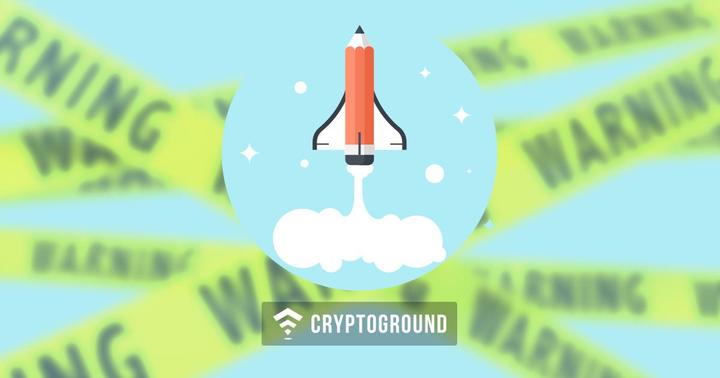The International Organization of Securities Commissions (IOSCO) warns the public about the associated risks of participating in initial coin offerings (ICOs).
The IOSCO board is made up of 34 securities regulators. It also includes big market regulators like the US SEC, UK FCA, China, Singapore MAS, Australia, Hong Kong, Germany, etc. In fact, all the members of the IOSCO board represent around 95% of the world’s securities markets.
The warning given by the IOSCO is not surprising at all since dozens of national security regulators have already published warnings regarding ICOs. Up to now, public officials still struggle to grapple with the idea of digital assets and the challenges that need to be solved in order to protect ICO investors.
Board’s perception of ICOs
Commenting on the risks of investing on ICOs, the IOSCO board called tokenized securities as not standardized and therefore “highly speculative” with clear risks.
The board further noted that even though some operators provide legitimate investment opportunities to fund their projects and businesses, violation of existing laws in investors’ home jurisdiction should not be overlooked.
And since the token sale project may not be located in the investors’ country of residence, investors would find it hard to take legal actions against the team behind the fraudulent ICO. This is why the organization strongly advises them to be very careful in selecting which ICOs to invest in.
In light of these issues, the board decided to establish an ICO Consultation Network wherein members can discuss their experiences and concerns regarding ICOs. Through this, cross-border issues can be brought up quickly to the attention of global securities regulators.
Notable moves to regulate ICOs
Strategies, in order to regulate ICOs and minimize the risks associated with it, have been done by many countries since last year.
In September 2017, China banned ICOs. It recognized ICO as an unauthorized and illegal public financing activity which involves financial crimes such as the illegal distribution of financial tokens, illegal issuance of securities, financial fraud and pyramid scheme. All organizations and individuals were then prohibited to start any illegal token fundraising activity.
South Korea’s financial regulator also announced last September 2017 that it will ban ICOs. However, recent news stated that South Korea has a different perspective now.
The United States, United Kingdom, and Malaysia increase their scrutiny over token issuances that may be defined as securities.
So far, at least 26 countries have already published warnings regarding the risks associated with ICOs.
























